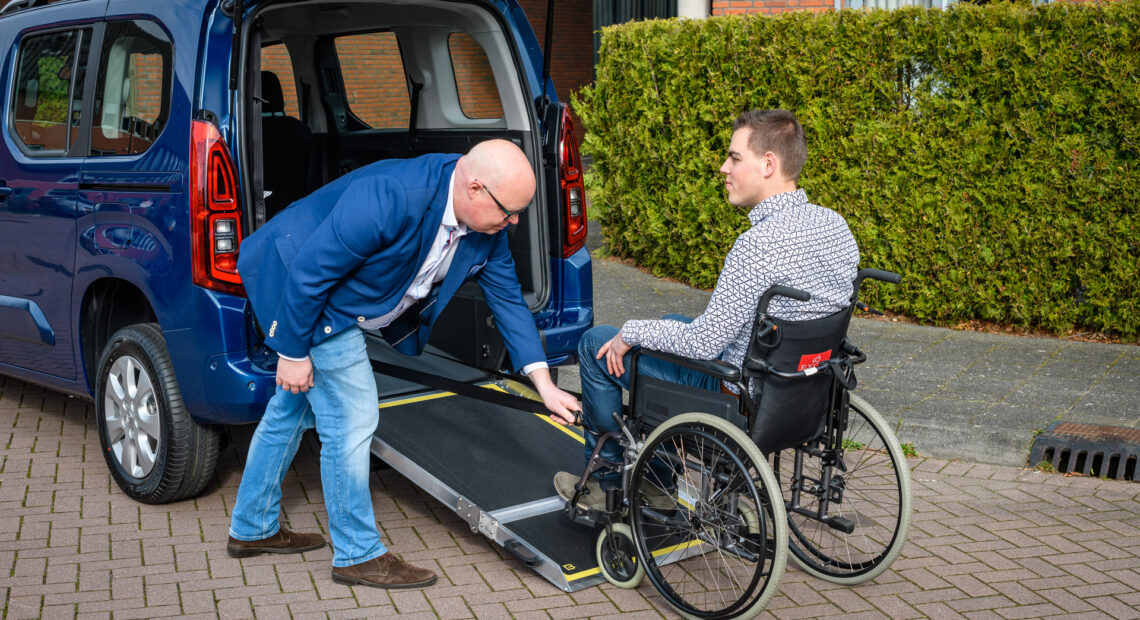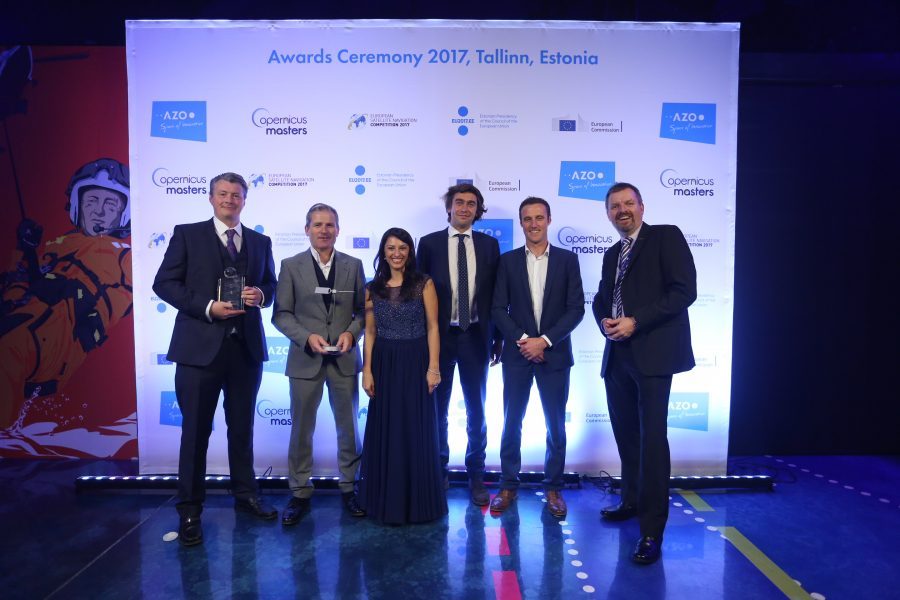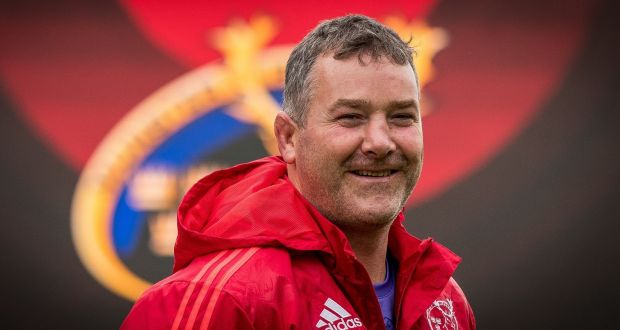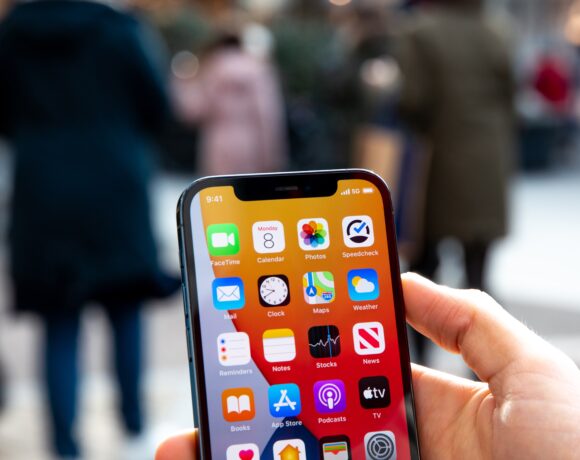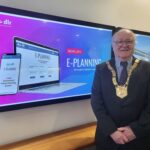The Minister for Disabilities, Anne Rabbitte, has announced €2m for 11 projects under the HSE’s CREATE initiative, which aims to improve access to digital and assistive technology for people with disabilities.
The Cooperative Real Engagement for Assistive Technology Enhancement (CREATE) initiative seeks to ensure that service users and providers work together to identify what will make a real difference to individual users of digital and assistive technology (DAT). Digital and assistive technologies are defined as “any product or service designed to enable independence for disabled and older people”, and the WHO maintains a list of essential Priority Assistive products.
Minister Rabbitte secured €2 million for the initiative in Budget 2022, with the funding now awarded to 11 projects following an evaluation of 79 submissions. Projects were assessed on the extent to which they were person-centred, as well as how they demonstrated a willingness to work collaboratively across different service providers and to really engage with DAT through a clear process of co-design.
Announcing the allocation of the funding, Minister Rabbitte said, “I am delighted to see this funding supporting a range of innovative projects which will greatly assist people with disabilities. Digital and Assistive Technologies are a crucial tool to allow people with disabilities to live a more independent life of their own choosing. As Minister for Disabilities, I am proud that Ireland once again is putting resources behind more development and promotion of their use.”
Successful projects include development of Ireland’s first Sit-to-Stand Wheelchair Service, a new Assistive Technology passport, enhanced experience in using respite services, a loan library and a mentorship programme of expert Digital and Assistive Technology users.
Minister Rabbitte added, “I regularly meet with people with disabilities, their families, service organisations, Disabled Persons’ Organisations, and advocacy organisations, and I know first-hand the huge impact assistive technologies can make, whether it’s wheelchairs, apps, smart speakers or specialised IT equipment.”
“The great thing about these projects is the synergies that they create. By working cooperatively, we can achieve much better outcomes for people with disabilities, increasing their independence and enabling them to live ordinary lives in ordinary places. What is important for me is that the learning from these projects will be disseminated widely and integrated into future health and social care policies and practice.”
[sibwp_form id=2]


